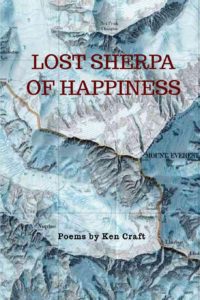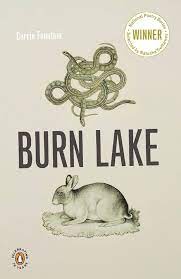
Back in the day, before wildfires and mudslides, people went to California to “find themselves.” If you’re feeling lost or want to turn a new page, you can always turn to Robinson Jeffers’ poetry, much of which finds itself in California.
For example, here’s a quick trip to Carmel Point for you:
Carmel Point
by Robinson Jeffers
The extraordinary patience of things!
This beautiful place defaced with a crop of suburban houses—
How beautiful when we first beheld it,
Unbroken field of poppy and lupin walled with clean cliffs;
No intrusion but two or three horses pasturing,
Or a few milch cows rubbing their flanks on the outcrop rockheads—
Now the spoiler has come: does it care?
Not faintly. It has all time. It knows the people are a tide
That swells and in time will ebb, and all
Their works dissolve. Meanwhile the image of the pristine beauty
Lives in the very grain of the granite,
Safe as the endless ocean that climbs our cliff.—As for us:
We must uncenter our minds from ourselves;
We must unhumanize our views a little, and become confident
As the rock and ocean that we were made from.
And so we move to the left coast with a bit of imagery: “Unbroken field of poppy and lupin walled with clean cliffs; / No intrusion but two or three horses pasturing, / Or a few milch cows rubbing they flanks on the outcrop rockheads.”
Very nice, even if you do have to look up what a “milch cow” is (it’s a cow kept for milking).
“Now the spoiler has come: does it care?” We’d better go shopping at Antecedents R Us! For the “spoiler” in Jefferson’s line, let’s nominate mankind, and for “it,” we’ll take Carmel Point itself, with its clean cliffs and such.
To Jeffers’ great comfort, nature couldn’t care less about the invasion of man. “It has all time. It knows the people are a tide / That swells and in time will ebb, and all / Their works dissolve.”
Geez, I’m feeling salty already. And I’d like to be there to see it, actually. But I think I’ve already missed the “California, Heaven on Earth” party. It’s too bad, too. The way we were sounds pretty cool.







